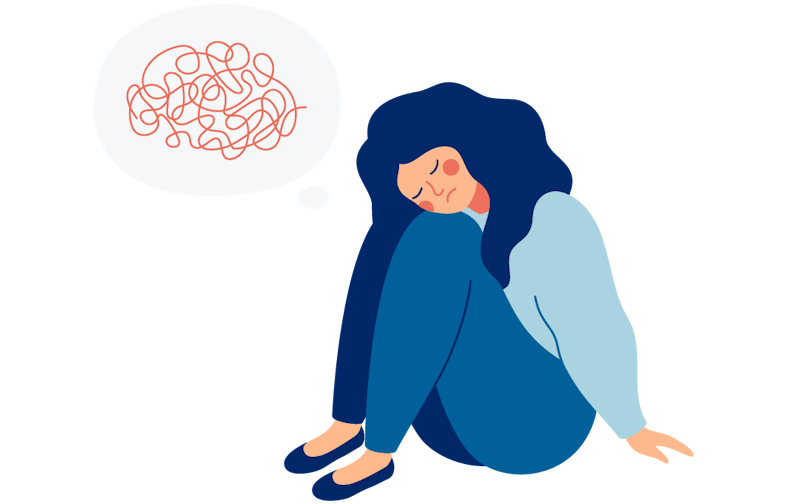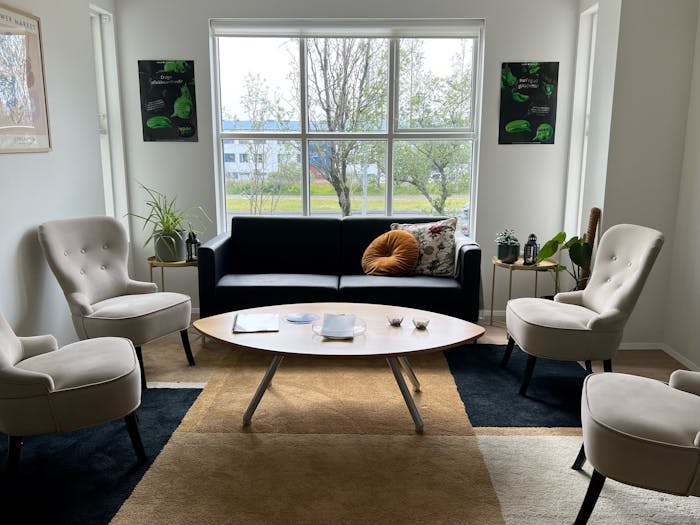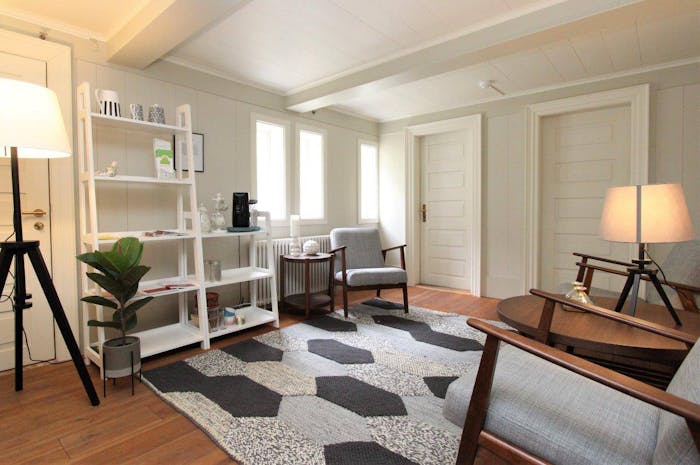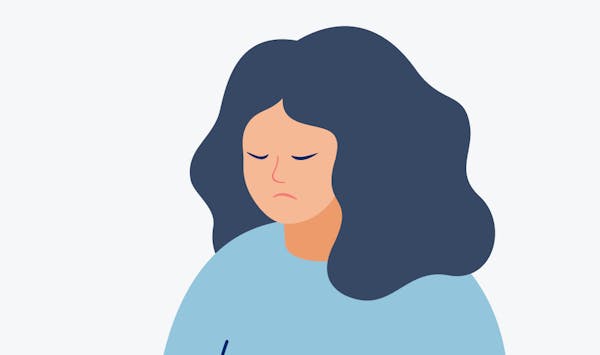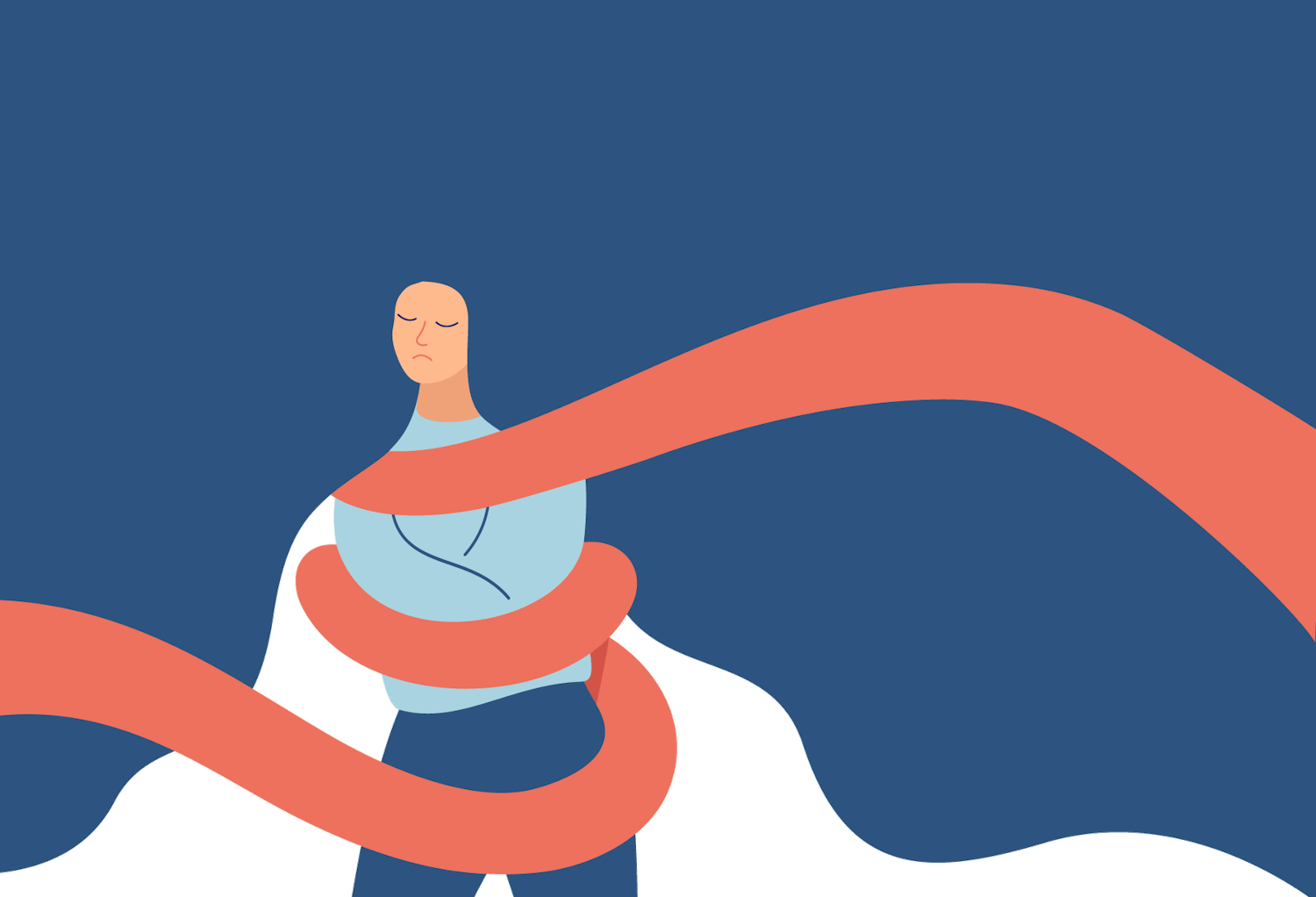Emotional abuse is prohibited in Iceland
Threats, humiliation, intense monitoring, and using control to make you feel bad, are all examples of emotional abuse. If someone around you makes you feel this way or if you are experiencing any of these things, you are likely in an abusive relationship. People who abuse others often try to excuse it by blaming the other person or make excuses like being under the influence of alcohol, drugs, or stress. Remember, it is never your fault if someone abuses you!
The repercussions of emotional abuse can run deeper than physical abuse. Emotional abuse leaves invisible wounds that are often difficult to grasp.
It could be emotional abuse when someone:
- Doesn't respect how you feel.
- Creates an oppressive atmosphere at home.
- Yells at or threatens you or others in your home.
- Lies and manipulates or misleads you.
- Constantly criticizes you, your family or friends.
- Attempts to control you with sulking or silence.
- Tells you how and what to do.
- Becomes angry for little or no reason.
- Calls you belittling names.
- Harasses you via phone or in person.
- Restrains you in any way from seeing your family or friends.
